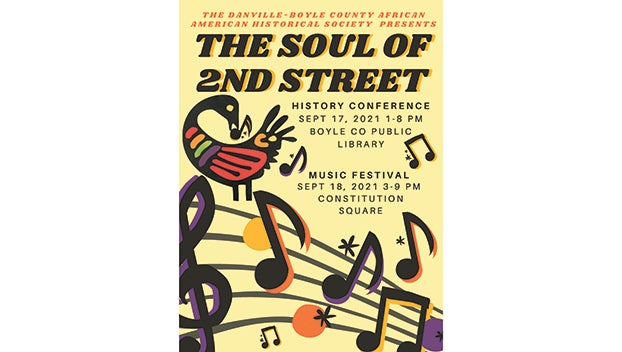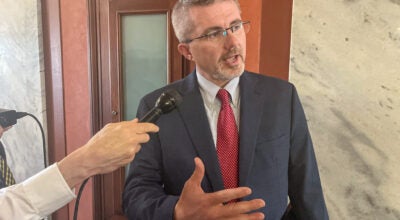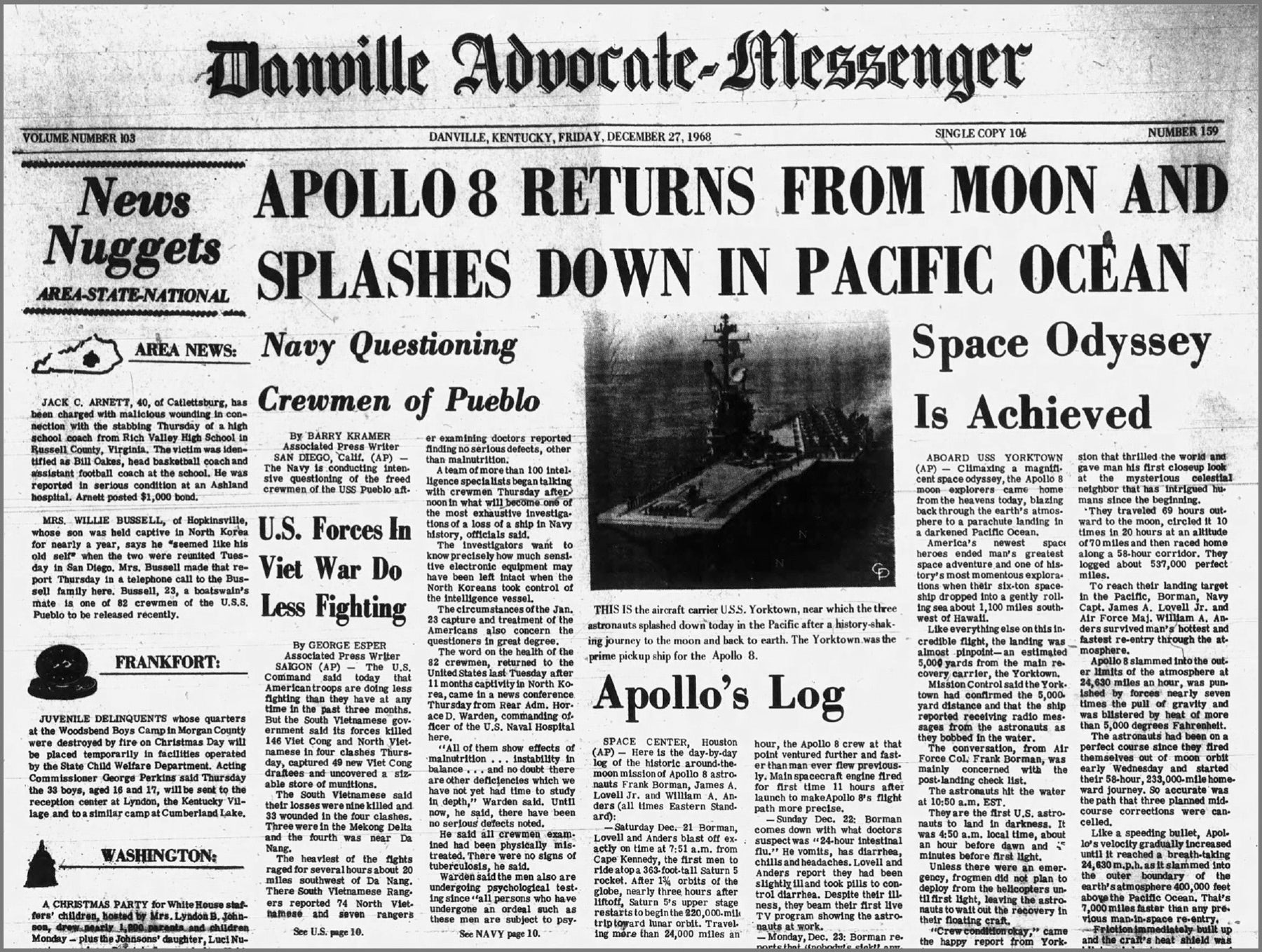Soul of Second Street set for September
Published 10:08 am Saturday, June 26, 2021
The Soul of Second Street history conference and music festival, after taking a hiatus last year due to the pandemic, is coming back.
This year, the history conference will be Sept. 17 from 1-8 p.m. at the Boyle County Public Library, and the music festival will be Sept. 18 from 3-9 p.m. in Constitution Square.
Michael Hughes, president of the Danville-Boyle County African-American Historical Society, said this will be the fourth year the history conference has taken place, and it will be the music festival’s sixth year. The event is usually held in August, he said, but the DBCAAHS pushed it to September due to the unpredictable nature of the pandemic and because it was good timing for Centre College students to be involved.
People have been asking Hughes if Soul of Second Street will take place this year, so he wants to get the word out about it now.
He said one difference between the history conference this year and those of the past will be displays set up showcasing historical African-American communities, neighborhoods, schools, cemeteries, and churches.
He said in general, he wants focus surrounding the festival and Second Street to shift from negativity around urban renewal taking over Black-owned properties and turning a thriving African-American business district on Second Street and surrounding streets into Constitution Square in the 1970s, to celebration of progress.
“I wanted to get away from that and have people just come out and enjoy progress of being able to create the history center,” he said.
The DBCAAHS history center is located at 108 N. Second Street in the old Henson Hotel. Much of the materials collected, like photos, old newspaper articles, maps, posters and items from old schools and barber shops, are to remember not only the business district but also Black communities in the wider Danville-Boyle County area, and tell stories.
The DBCAAHS has also collaborated with Centre College to create a collection of oral interviews, to hear about the business district and historical communities straight from the people who remember them. He said since Centre had a role in urban renewal years ago, the college has now been trying to work together with the DBCAAHS to focus on historical African American communities.
Hughes said starting on July 8, the history center will be open two days a week from 2-6 p.m., though the days it will be open aren’t solidified yet. People can also visit by appointment, individually or in groups.
For the Soul of Second Street history conference, Centre intern Elizabeth Bowling, a student, said displays will have maps showing locations of communities and their schools, cemeteries and churches, and there will be names of people who lived in the communities. There will also be story collection forms passed out to see if family members have stories to tell about the communities, to collect for the conference. There will also be some timelines of when the African-American communities were settled and the first people who moved into them, many of whom came out of slavery.
Hughes said though the displays will be an effort to tell stories, “it’s hard to tell the story unless you’ve got somebody who’s actually lived in the communities,” most of whom have either died or no longer live in the area.
“To know the real story of the community, we are hoping to have some people that actually lived in the communities,” he said.
That’s where the story collection forms come into play as well — to seek out family members of people who remember the communities.
Hughes said many of the communities aren’t in existence anymore or only have a couple of structures still standing. For example, Davistown still exists but few people live there anymore, and when Hughes himself was young, Clifton was an “all-Black” neighborhood, but the only thing standing there now is a Black church, he said.
“It’s like that in a lot of the — most of the communities,” he said. “But we want to tell the stories best we can.”
While the history conference will focus on storytelling, the music festival will be a celebration with food booths, musical acts during the hours it will take place and possibly a few speakers, Hughes said. There are two different committees planning events for Soul of Second Street — one a history committee and one organizing the music festival.
African-American communities the history conference will feature:
Aliceton, Mitchellsburg, Wilsonville, Perryville, Sleettown, Atoka (Needmore), Worl(d)stown, Zion Hill – Persimmon Knob, West Danville, Danville (Second Street, Seventh Street, etc.), Shelby City, Meauxtown, (Little) Needmore, Wells Landing, Ston(e)y Point, Hedgeville, Clifton, and Davistown.
To become a member of the DBCAAHS or donate materials like photos and other items:
• Send materials to DBAAHS, P.O. Box 597, Danville, KY, 40423
• Call 859-209-4456, and leave a message if there is no response right away.
Visit DBCAAHS’ website to learn about the historical society, the history center and access the link to see the collection of oral storytelling compiled by Centre College.






